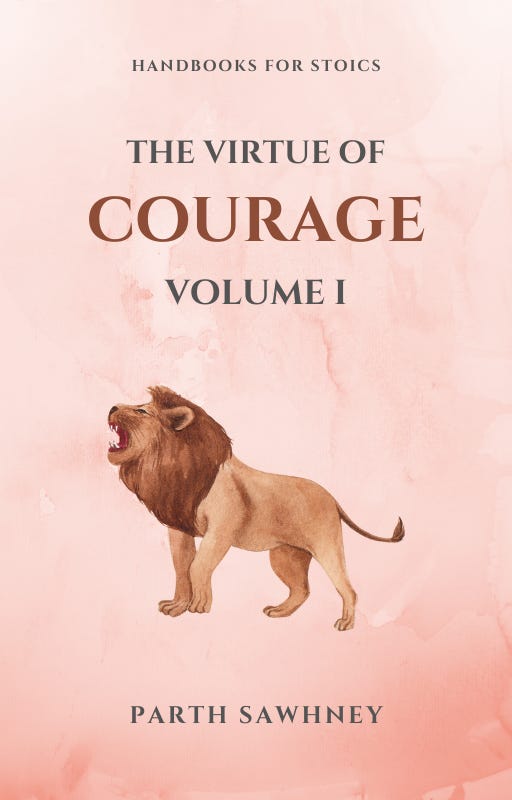the mighty lion: a symbol of courage through the ages

Throughout history, the lion has held an enduring position as a potent symbol of courage. From the sprawling savannas of ancient Africa to the bustling metropolises of our modern world, the image of this majestic creature evokes profound feelings of bravery, strength, and unwavering determination. Its presence within folklore, mythology, and even national emblems speaks volumes about the enduring fascination with the lion's fearless spirit.
In ancient civilizations, the lion's reputation for courage stemmed largely from its role as an apex predator. Lions were seen as kings of their domain, fiercely defending their pride and territory against any threats. The Egyptians revered the lioness goddess Sekhmet, embodying both destructive ferocity and protective power. In Greek mythology, the Nemean Lion, whose hide was impervious to weapons, was one of the twelve labors of Hercules. By defeating this creature, Hercules not only demonstrated his extraordinary strength but also embodied the triumph of courage over seemingly insurmountable challenges. Many ancient cultures, including the Persians, Assyrians, and Babylonians, adorned their palaces and temples with imposing lion statues, symbolically guarding against evil and proclaiming the strength of their rulers.
The association of the lion with courage extended to the concept of royalty and leadership. To be called “lionhearted” was one of the highest compliments a warrior or ruler could receive. Richard I of England, famed for his valor in the Crusades, earned the moniker "Richard the Lionheart," a testament to his fearlessness on the battlefield. Lions frequently appeared on heraldic crests and coats of arms of noble families, representing their might, honor, and determination to protect their lineage and legacy.
In the Bible, the symbolism of the lion is multifaceted. It can embody strength and righteousness, as in the case of the Lion of Judah, a symbol of both Jesus Christ and the tribe of Judah. Conversely, it can also represent a destructive force, with the image of a roaring lion seeking to devour its prey serving as a metaphor for the devil's temptations. This duality emphasizes the complexity of courage, reminding us that it can be both a constructive and dangerous power, depending on its intended purpose.
The lion's symbolism as a representation of courage transcends the boundaries of the ancient world and remains prevalent in modern society. Sports teams often adopt lions as their mascots, seeking to channel the animal's strength and fighting spirit. National emblems, such as that of Singapore or the United Kingdom, feature lions as a reminder of their country's resilience and fortitude. In literature and film, characters like Aslan from The Chronicles of Narnia and Mufasa from The Lion King exemplify the noble, unwavering courage associated with the lion.
The symbolism of the lion extends beyond its physical form. Phrases like "having the heart of a lion" or "courageous as a lion" remain deeply ingrained in our vernacular, instantly recognizable as expressions of bravery. The enduring appeal of the lion as a symbol of courage stems from our deep-seated human admiration for its boldness. It embodies our potential to tap into an inner strength when facing challenges. Whether it be in the form of physical battles, struggles for justice, or overcoming personal obstacles, the lion reminds us of the courage that lies within.
“Lions are true symbols of courage, power, strength, inner wisdom, leadership, and self-actualization,” says cultural symbolism expert Charlotte Kirsten, “They venture into our lives when we’re on the verge of making all-important leaps of faith, imploring us to trust not only in ourselves and our direction but our capabilities too.”
In essence, the symbolism of the lion as a representation of courage has resonated across cultures and eras for centuries. From ancient civilizations to the present day, we continue to draw inspiration from the lion's majestic power, fierce determination, and protective nature as a timeless embodiment of courage in the face of any challenge.
I’m so happy and grateful to announce the release of my new eBook “The Virtue of Courage: Volume I”.
In this second installment of the "Handbooks for Stoics" series, I provide a profound exploration of the virtue of courage from the ancient Stoic philosophers. With wisdom and insights derived from the teachings of Seneca, Epictetus, Marcus Aurelius, and others, “The Virtue of Courage” illuminates timeless principles for overcoming fear, remaining resilient through hardship, and bravely confronting life's inevitable challenges.

Drawing on classical texts and modern case studies, I illustrate what it truly means to lead a "courage-fueled life" in the 21st century. Readers will gain a new perspective on fear, anxiety, pain, failure, loss, and crisis – viewing them not as obstacles but as opportunities to strengthen their resolute character.
Whether facing daunting circumstances or daily micro-challenges, this indispensable handbook reveals the path to confronting problems with steady calm, clear judgment, and determined self-control.
For those seeking to honestly grapple with life's unavoidable adversities while embodying the wisdom of the ancient Stoics, “The Virtue of Courage” provides an inspiring and eminently practical guide. Reclaim your agency, embrace the philosophy of taking the high road no matter what, and become the courageous person you are meant to be.
Get your copy today! Learn more here.


